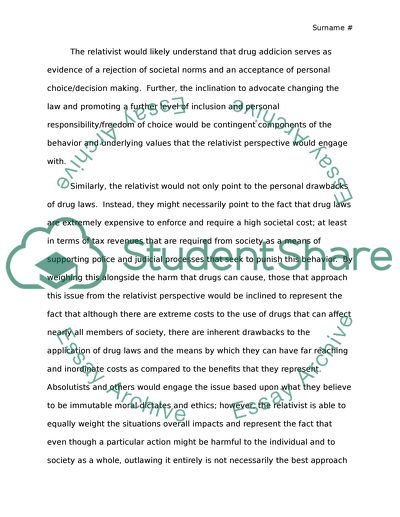Cite this document
(“Deviance theories Essay Example | Topics and Well Written Essays - 1250 words”, n.d.)
Retrieved from https://studentshare.org/sociology/1649464-deviance-theories
Retrieved from https://studentshare.org/sociology/1649464-deviance-theories
(Deviance Theories Essay Example | Topics and Well Written Essays - 1250 Words)
https://studentshare.org/sociology/1649464-deviance-theories.
https://studentshare.org/sociology/1649464-deviance-theories.
“Deviance Theories Essay Example | Topics and Well Written Essays - 1250 Words”, n.d. https://studentshare.org/sociology/1649464-deviance-theories.


